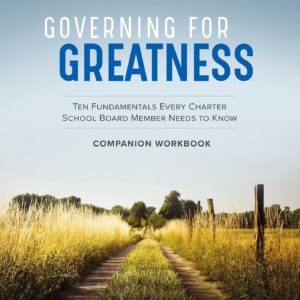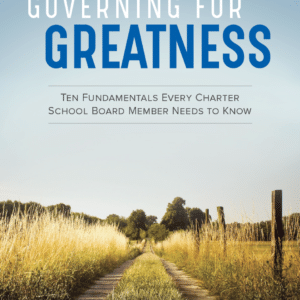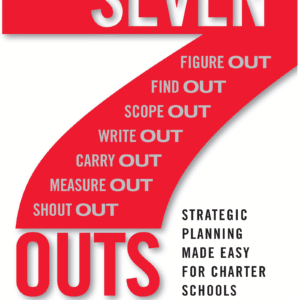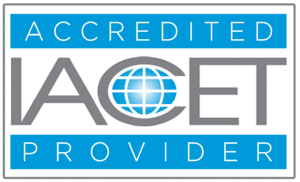Books
Showing all 6 results
-

Governing for Greatness: Companion Workbook
$9.95 Add to cart -

Governing for Greatness: Ten Fundamentals Every Charter School Board Member Needs To Know
$14.95 – $19.95 Select options -

Plan to Win
$14.95 Add to cart -

Save Your Ship! How to Protect Your Charter School Through Systematic Risk Management
$29.95 Add to cart -

Charter School Board University (eBook)
$29.99 Purchase on Amazon -

The Seven Outs: Strategic Planning Made Easy for Charter Schools (eBook)
$9.99 Purchase on Amazon

